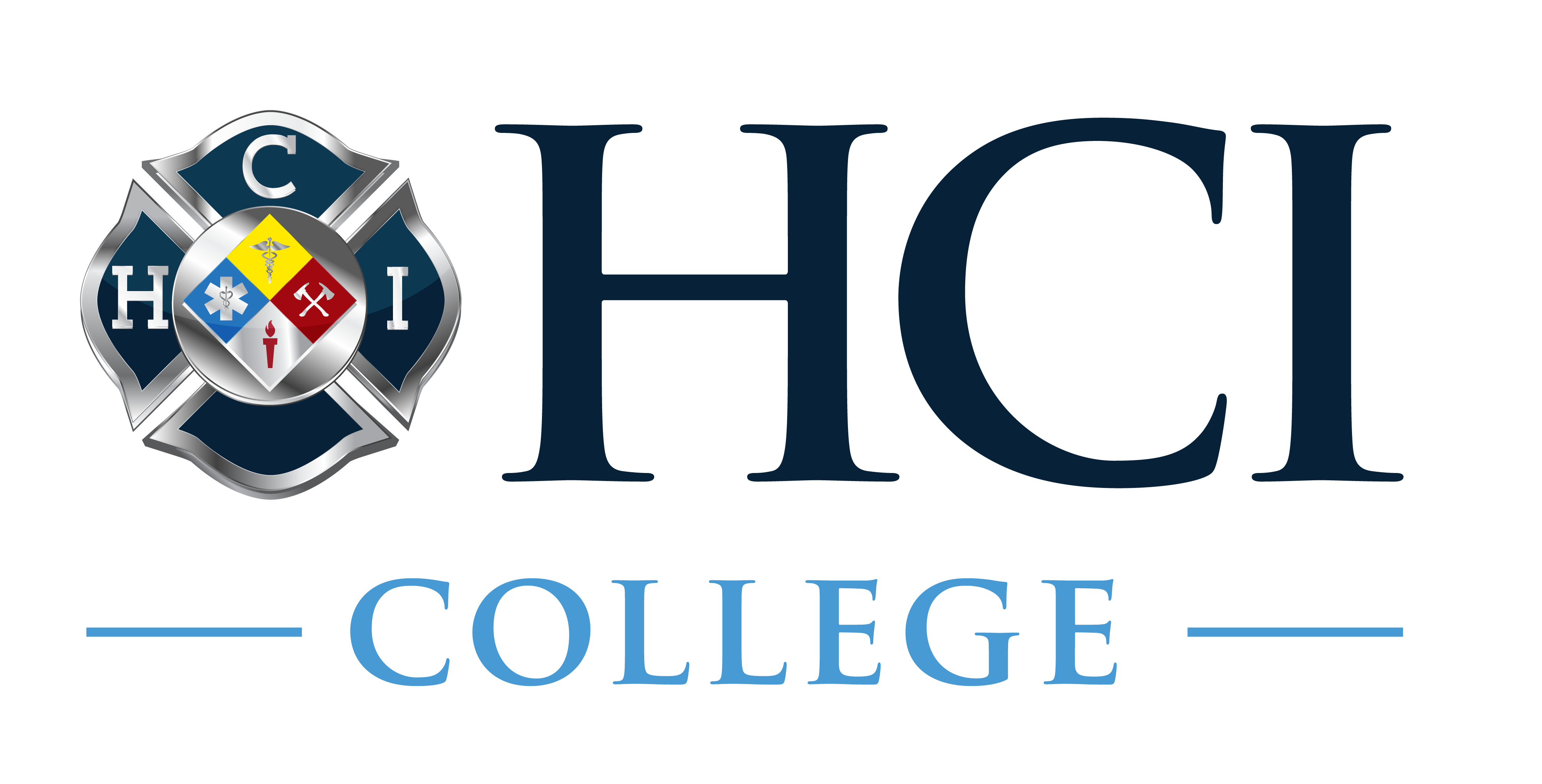From Classroom to Clinic: Hands-On Learning at HCI College
Hands-on learning is crucial for students in medical and healthcare fields to develop the necessary skills and prepare for real-world scenarios. HCI College is an educational institution that offers practical learning opportunities for its students to enhance their education and career-readiness. Read on as we explore HCI College’s hands-on approach to education and how it benefits students as they transition from the classroom to the clinic.
Learning by Doing: The Importance of Hands-On Experience in Healthcare Education
In healthcare, hands-on experience is crucial for success. This is because healthcare professionals have the responsibility to provide efficient, effective, and safe care to patients, and without exposure to real-world scenarios, it’s nearly impossible to prepare for such situations. Here are five reasons hands-on experience is crucial in healthcare education.
- Real-World Application
Medical professionals need experience applying their knowledge in everyday practice. Hands-on experience can help students apply theories learned in a classroom to actual patient care under the guidance of experienced mentors. By experiencing real-world scenarios, students can make critical decisions and gain hands-on experience solving healthcare problems.
- Develop Skills
Hands-on training helps students develop skills and techniques that are necessary for their professional development. It provides an opportunity for them to encounter real-life scenarios, test their skills and assumptions, and learn how to solve complex medical issues that go beyond what is taught in a classroom.
- Develop Confidence
Confidence is key when it comes to patient care. Students who have hands-on experience are more confident in their abilities, which can ultimately translate to better patient care. Classroom activities that provide opportunities for hands-on learning are also viewed positively by 80% of students — and this enjoyment often translates into better retention of information.
- Patient Safety
Patient safety is a critical consideration. Hands-on experience helps healthcare professionals understand the importance of safety protocols and procedures and know how to implement them when providing patient care.
- Collaboration
A recent study found that almost 60% of Americans believed that collaborative learning is essential for high-quality education. In healthcare, teamwork is also key to providing quality care. Hands-on experience in healthcare education promotes collaboration among healthcare professionals, which can ultimately lead to better coordination and improved patient outcomes.
How HCI College Offers Realistic Training Environments
HCI College understands the importance of hands-on experience in healthcare education. That’s why we provide students with realistic training environments that mirror real-world healthcare settings. Here’s how HCI College ensures that students receive valuable hands-on training.
Simulated Labs
HCI College has state-of-the-art simulated labs that replicate hospital rooms, clinics, and other healthcare facilities. These simulated environments are equipped with the latest medical equipment and technology, allowing students to practice their skills in a realistic setting. This invaluable experience helps students to prepare for the challenges of their future careers in the healthcare industry and allows them to gain confidence, while in a safe environment.
Clinical Rotations
In addition to simulated labs, HCI College offers students the opportunity to participate in clinical rotations. These rotations allow students to work in actual healthcare facilities under the supervision of experienced professionals. This real-world experience exposes students to a variety of medical scenarios and patient cases, helping them develop critical thinking skills and enhance their clinical judgment.
Experienced Faculty
HCI College takes pride in our experienced faculty, who are industry professionals with vast knowledge and expertise. They bring their real-world experiences into the classroom, providing students with valuable insights and guidance. The faculty at HCI College understands the importance of hands-on training and actively engages students in interactive learning experiences.
Career Services
HCI College’s commitment to providing realistic training environments extends beyond the classroom and clinical rotations. We also offer career services to help students transition from their education to their professional careers. This includes resume writing assistance, interview preparation, and job placement assistance, ensuring that students are not only well-prepared but also well-supported as they enter the workforce.
If you’re planning to pursue a career in medicine or healthcare, HCI College has the classroom and practical education you need to succeed. Explore how our programs can prepare you for a long and successful career in your chosen field.
If you found this article helpful, please share it on your social media channels.















